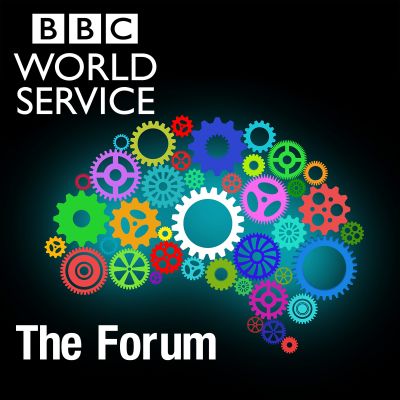Einstein: Revolution in time and space
Albert Einstein’s inability to get a job on graduating has given hope to generations of students. Knowing what we know now about the genius scientist, it’s hard to avoid smiling on reading his father’s pleas to physics professors to give his son an academic post. Perhaps it was just as well that these attempts failed, as the job Einstein eventually secured gave him the opportunity to daydream. Assessing new inventions at the Swiss capital’s patent office, Einstein allowed his imagination to run riot, creating ‘thought experiments’ that questioned centuries of knowledge about time, space and motion. In 1905 he published a series of papers that scientists today still use as a reference point. While Einstein himself didn’t foresee the technological application of his work, his research has since been used as the basis of modern inventions such as the atomic bomb, lasers, solar panels and GPS. Neither did he realise immediately the potential of his theories to help us understand the beginning of the universe. Rajan Datar explores the complexity of Einstein’s theories as well as what made him tick, with expert guests Janna Levin, professor of physics and astronomy at Barnard College, Columbia University, USA; science historian Jimena Canales, author of The Physicist and the Philosopher: Einstein, Bergson and the Debate that changed our understanding of Time; and Matthew Stanley, professor of the history of science at New York University whose book Einstein’s War: How Relativity Conquered Nationalism and Shook the World was published in 2019. (Image: Portrait of German-born physicist Albert Einstein on his 75th birthday. Photo by American Stock/Getty Images)
